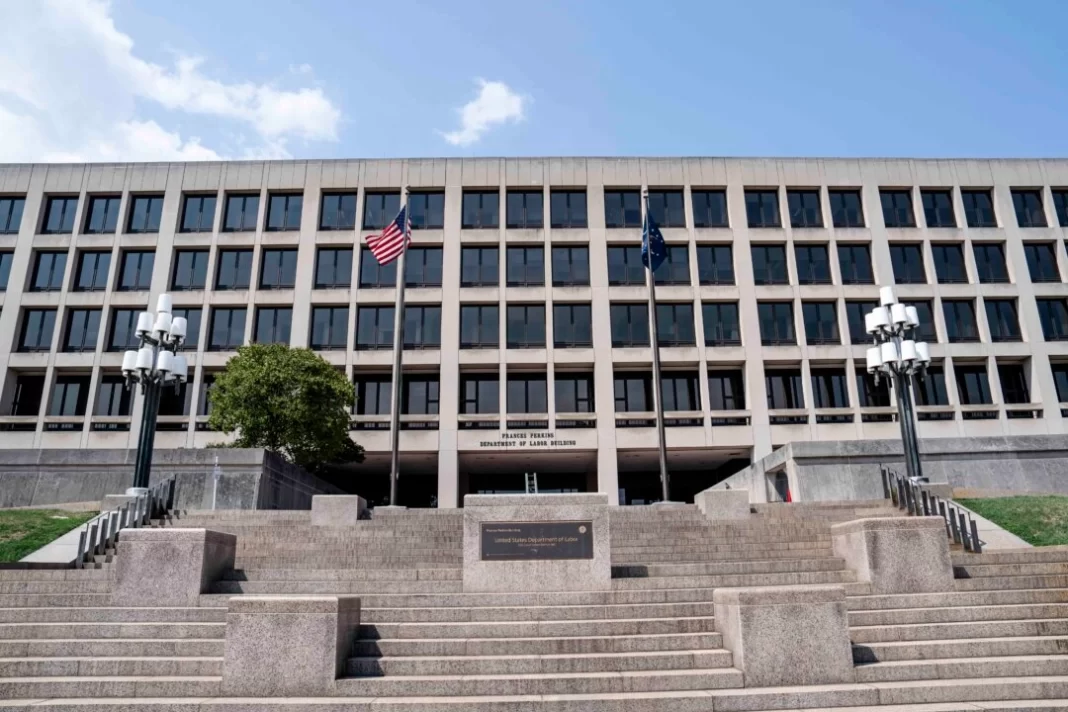
At this point in his presidency, President Biden has already commuted more sentences than his recent predecessors.
President Joe Biden on Dec. 12 announced he was pardoning 39 people and commuting the sentences of nearly 1,500 others, in the largest single-day act of clemency in history.
The pardons are going to individuals who were convicted of nonviolent crimes such as drug offenses, the White House said. Those who are having their sentences commuted were placed in home confinement during the COVID-19 pandemic and “have successfully reintegrated into their families and communities,” according to the White House.
“America was built on the promise of possibility and second chances,” Biden said in a statement. “As President, I have the great privilege of extending mercy to people who have demonstrated remorse and rehabilitation, restoring opportunity for Americans to participate in daily life and contribute to their communities, and taking steps to remove sentencing disparities for non-violent offenders, especially those convicted of drug offenses.”
Officials did not release the names of any of the individuals being granted relief.
They said the people include a nurse who helped spearhead COVID-19 vaccination efforts, an addiction counselor who volunteers to help young people, and a military veteran who assists frail, fellow church members.
Biden made the move after pardoning his son, Hunter Biden, who was convicted of illegal possession of a firearm and pleaded guilty to intentionally not paying taxes.
Biden is set to leave office on Jan. 20, 2025, after he bowed out of his bid for reelection. President-elect Donald Trump beat Vice President Kamala Harris in the November race.
At this point in his presidency, Biden has already commuted more sentences than his recent predecessors, including Trump. He has also issued categorical pardons to people convicted of using or possessing marijuana, and former military members convicted of consensual sodomy.
The White House said that before Biden leaves office he “will take additional steps to provide meaningful second chances and continue to review additional pardons and commutations.” The White House added that “there is more to come.”







